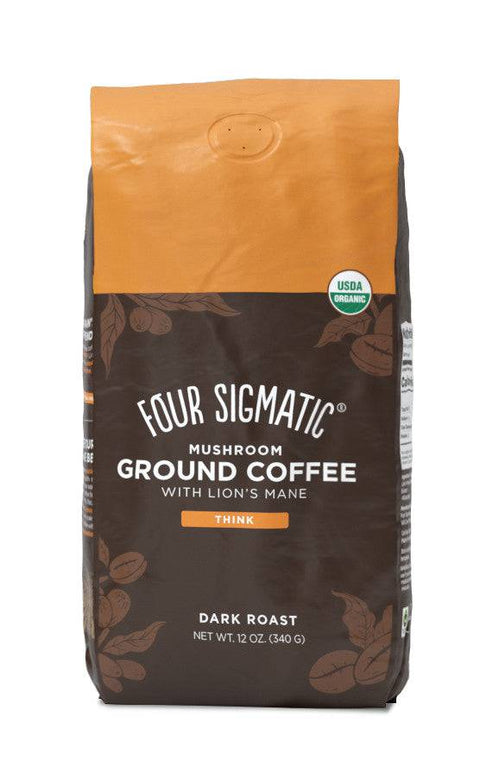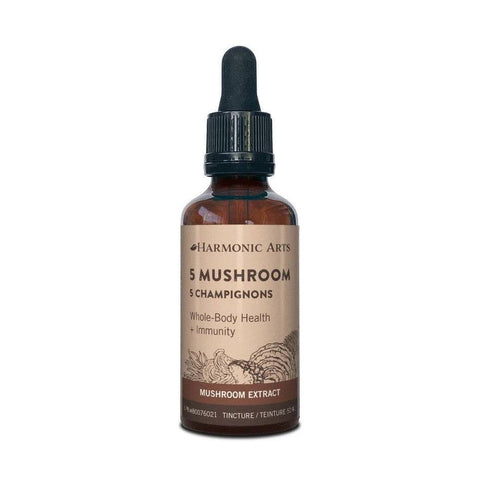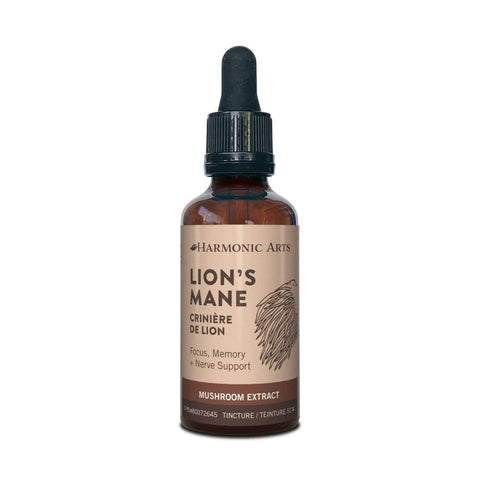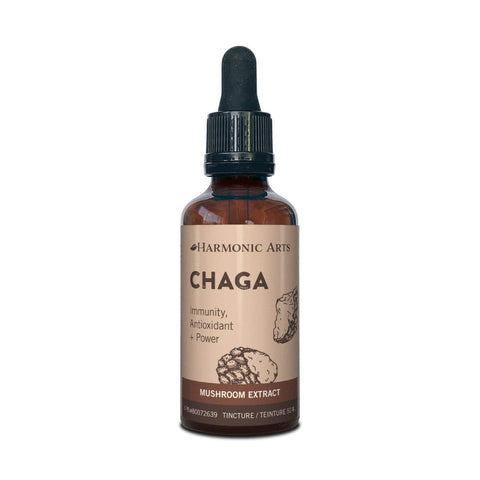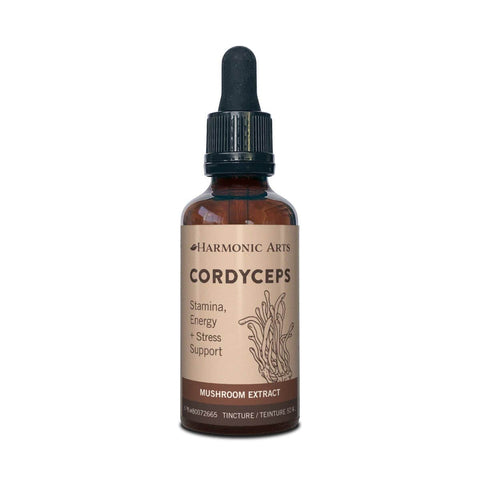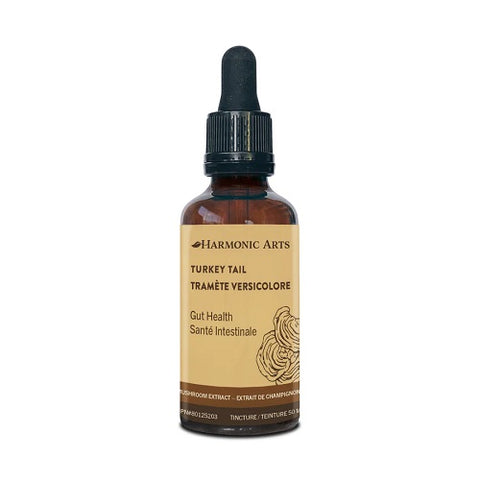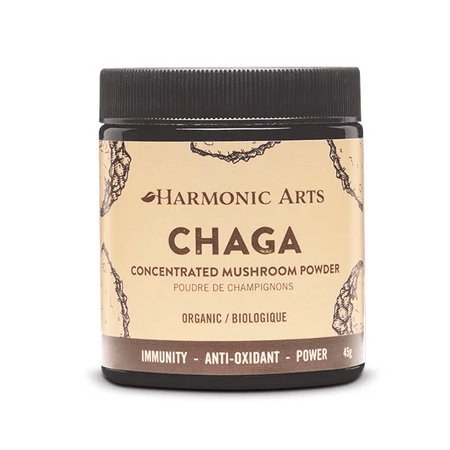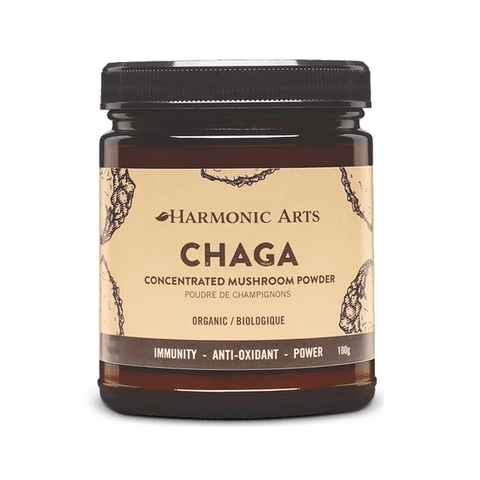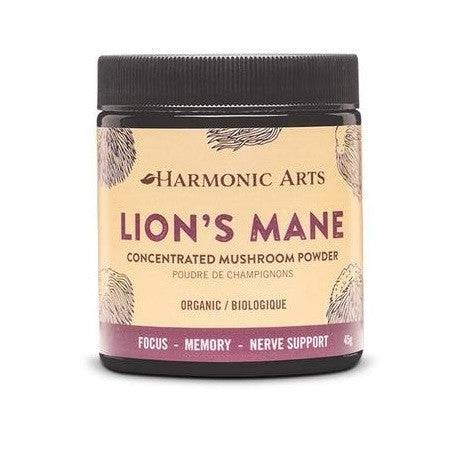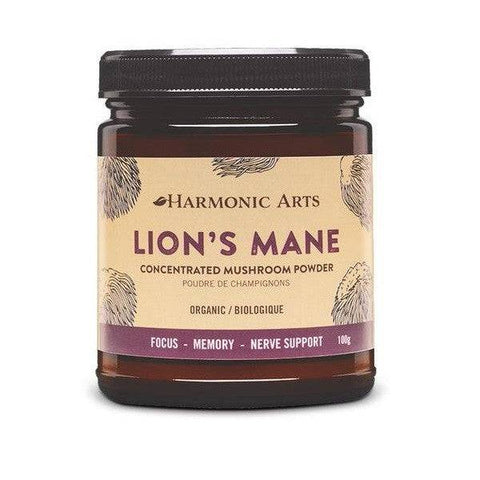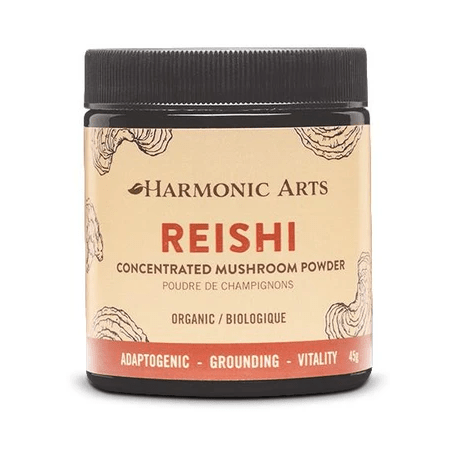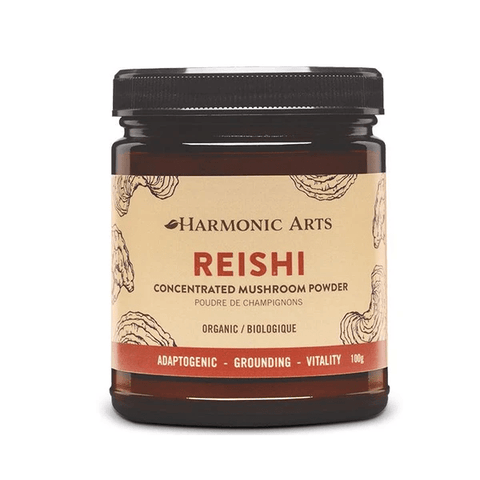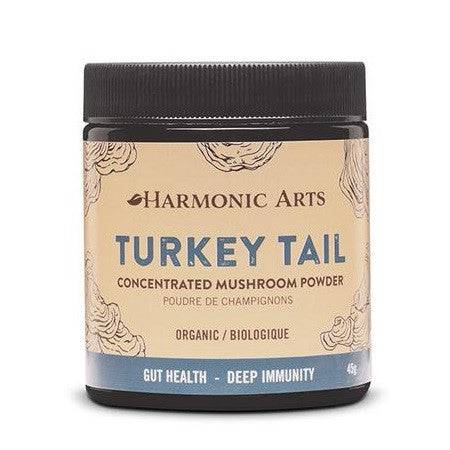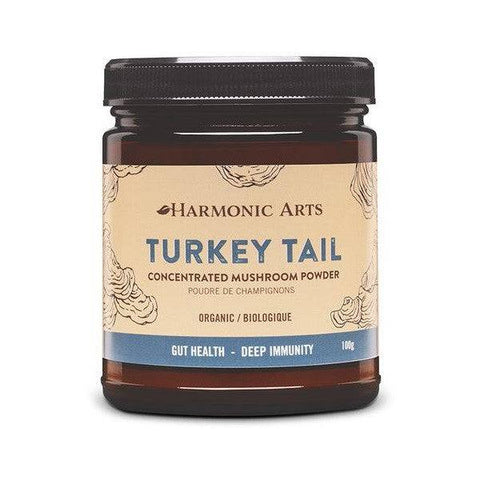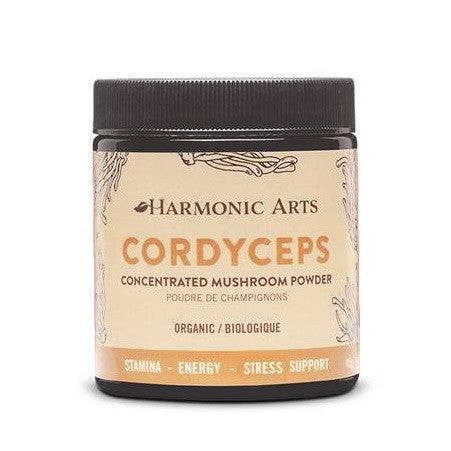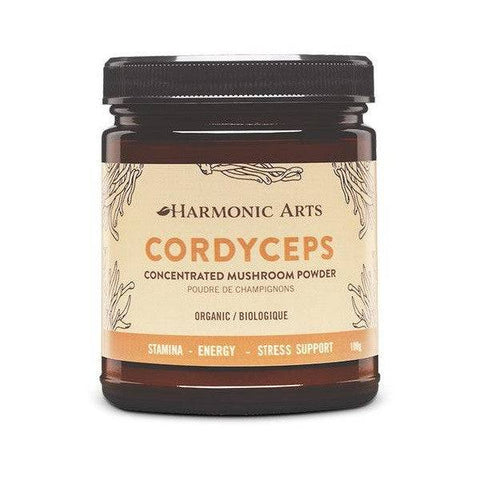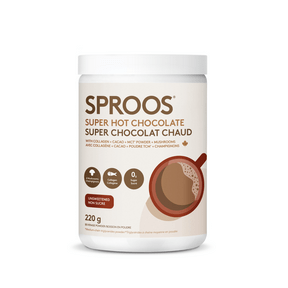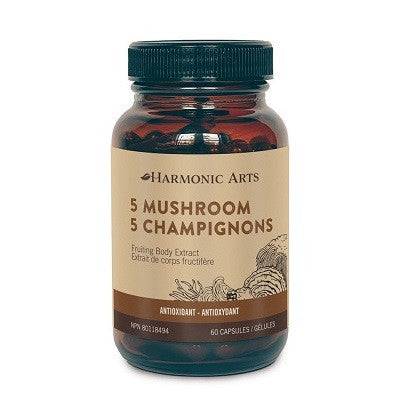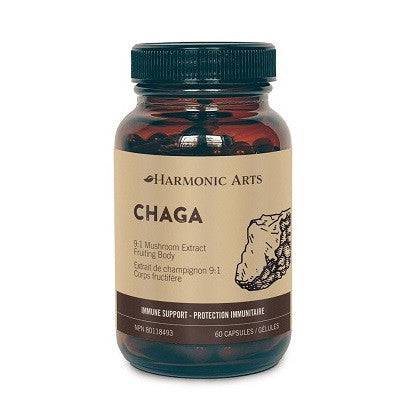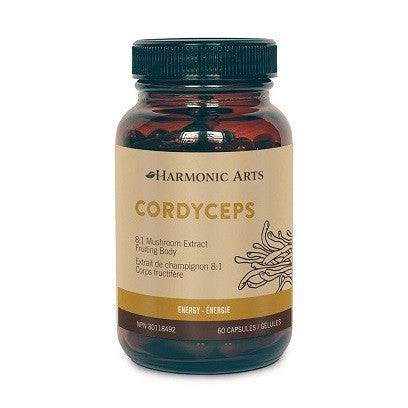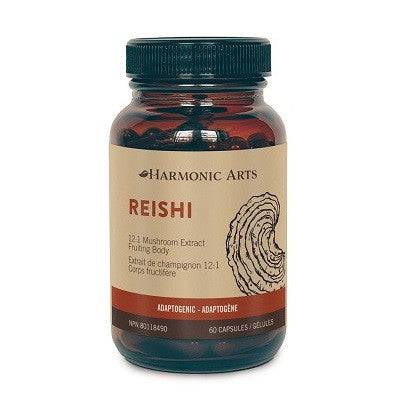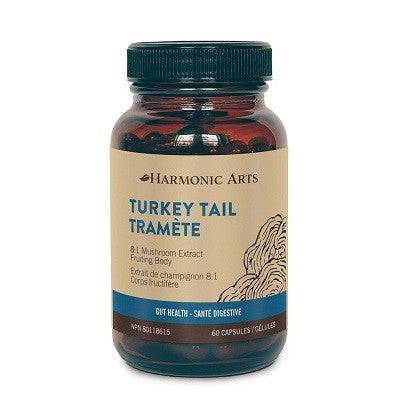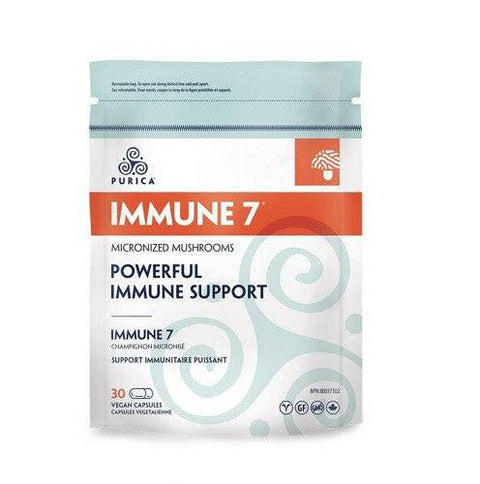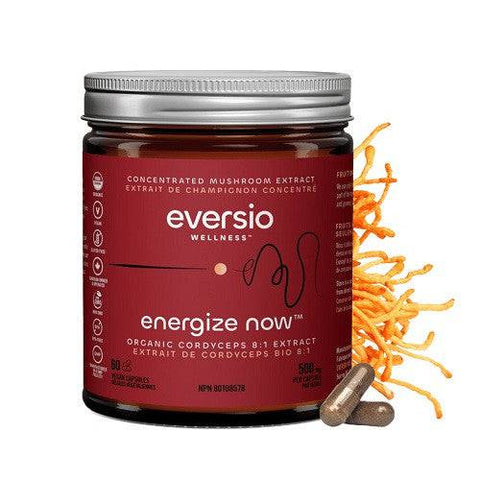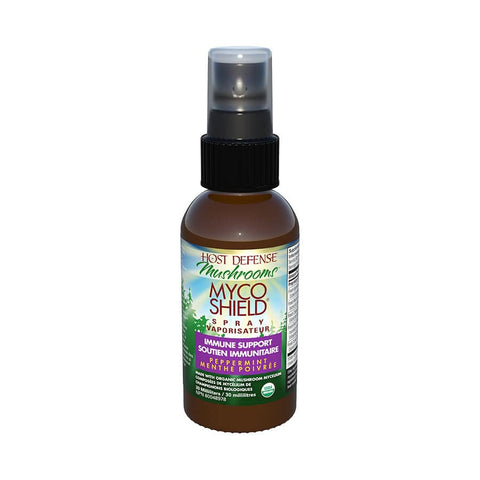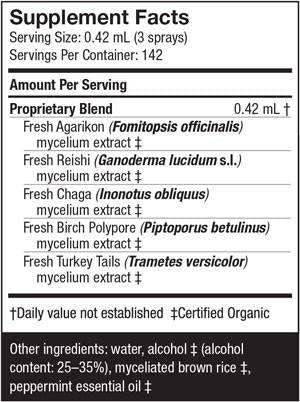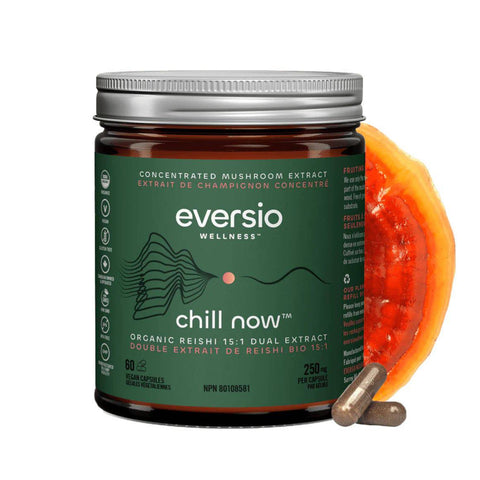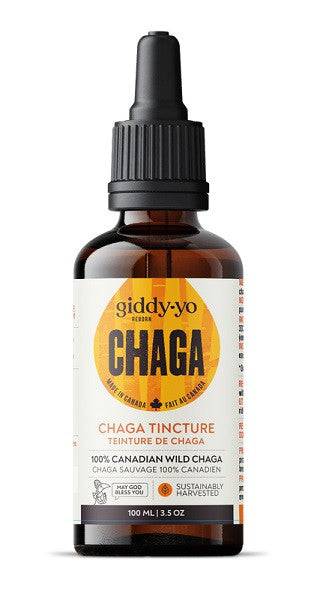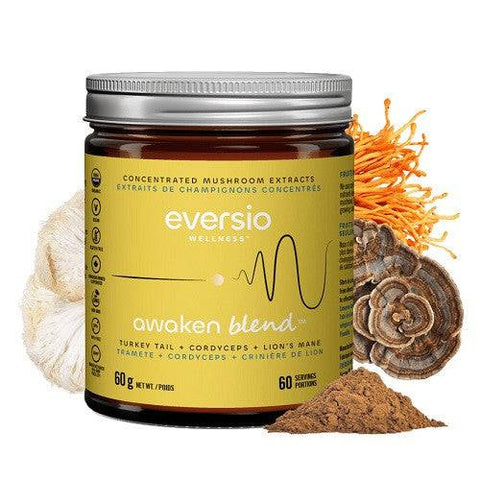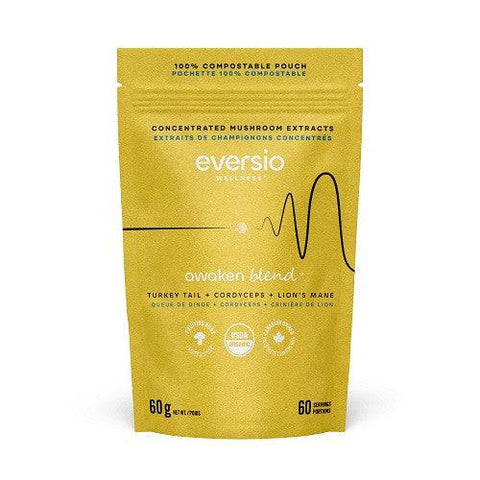Immune mushrooms are a group of fungi renowned for their potential to enhance the body's immune system. These unique organisms have been used for centuries in traditional medicine, particularly in Asia. Recent scientific studies have begun to validate their immune-boosting properties, shedding light on their potential benefits for overall health.
Key Immune-Boosting Compounds
Immune mushrooms contain various bioactive compounds that contribute to their immune-enhancing effects. Some of the most notable compounds include:
Beta-glucans: These polysaccharides have been shown to stimulate the immune system by activating macrophages and other immune cells.
Polysaccharides: These complex carbohydrates can modulate immune responses and help regulate inflammation.
Ergosterol: This sterol compound can be converted into vitamin D in the body, which plays a crucial role in immune function.
Triterpenoids: These compounds have antioxidant and anti-inflammatory properties that can support immune health.
Potential Health Benefits
Immune mushrooms have been associated with a variety of potential health benefits, including:
Strengthening the immune system: Immune mushrooms may help protect against infections and diseases by stimulating immune cells and modulating immune responses.
Reducing inflammation: Chronic inflammation is linked to many health problems. Immune mushrooms may help reduce inflammation, potentially improving overall health.
Boosting energy levels: Some people feel more energized after consuming immune mushrooms.
Supporting cancer treatment: Certain immune mushrooms have been studied for their potential to support cancer treatment by enhancing immune function and reducing side effects.
Improving digestive health: Immune mushrooms may help maintain a healthy gut microbiome, essential for optimal immune function.
Popular Immune Mushroom Species
Several mushroom species are particularly known for their immune-boosting properties. Some of the most popular include:
Reishi mushroom (Ganoderma lucidum): This mushroom has been used in traditional Chinese medicine for centuries and is believed to have adaptogenic properties that help the body adapt to stress.
Shiitake mushroom (Lentinula edodes): It is a popular culinary ingredient known for its potential immune-boosting benefits.
Cordyceps mushroom (Cordyceps sinensis): This parasitic fungus has been used in traditional Tibetan medicine and is believed to enhance athletic performance and improve respiratory function.
Maitake mushroom (Grifola frondosa): Maitake mushrooms are known for their potential to lower blood sugar levels and support immune function.
Incorporating Immune Mushrooms into Your Diet
Immune mushrooms can be consumed in various forms, including:
Dried mushrooms: These can be added to soups, stews, and stir-fries.
Mushroom powders: These can be added to smoothies, juices, or baked goods.
Mushroom extracts: These are concentrated forms of mushrooms that can be taken in capsules or drops.
Mushroom supplements: These are available in various forms, including capsules, tablets, and powders.
It's important to note that while immune mushrooms offer many potential benefits, more research is needed to fully understand their effects. If you're considering incorporating immune mushrooms into your diet, consult with a healthcare professional to determine the best approach for your individual needs.


